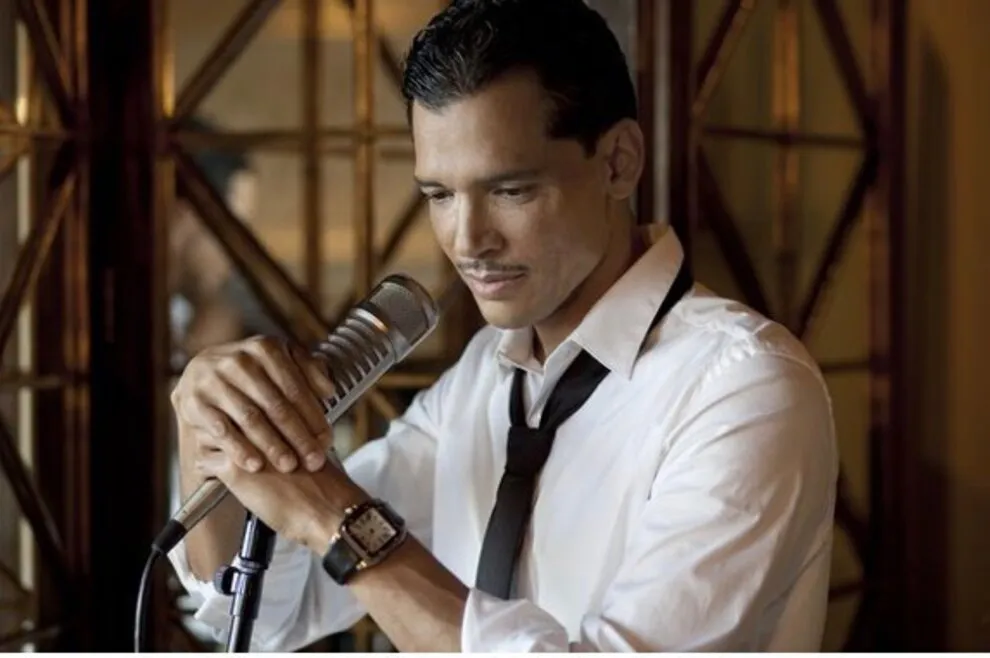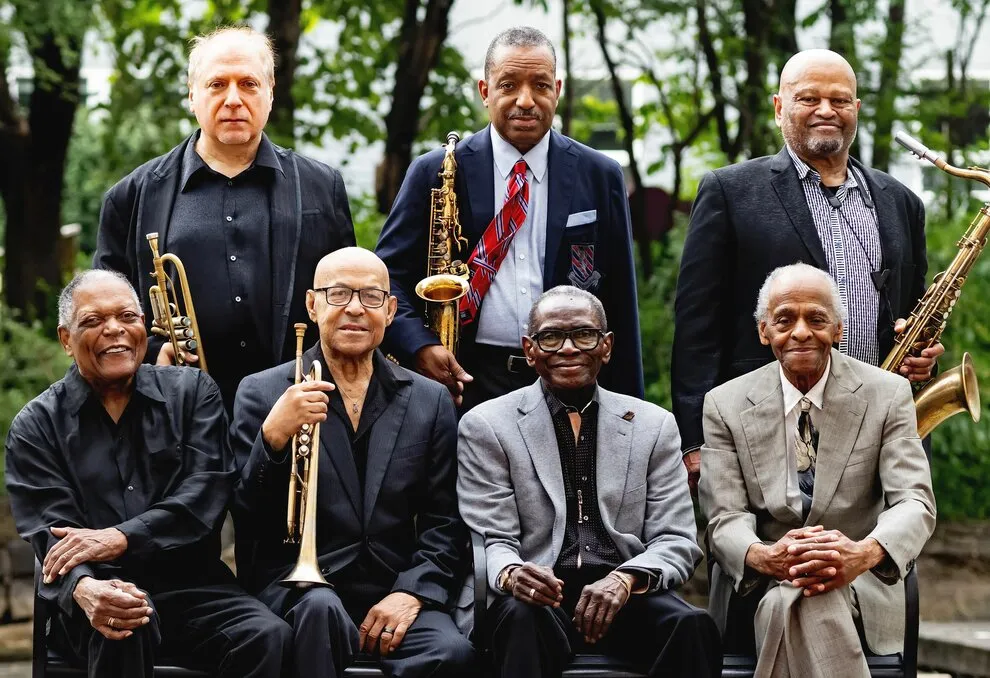Loading...

Is this your organization’s page?
Take ownership and manage this page on Artelize for free
Take ownership and manage this page on Artelize for free
Music Hall Center for the Performing Arts
Detroit, MI, United States
Music Hall Detroit, located at 350 Madison Ave., Detroit, MI 48226, is a leading not-for-profit cultural center in the heart of Detroit. Established as a historic theatre in 1928, Music Hall has since evolved into a multifaceted performing arts venue that offers a diverse range of cultural experiences to the Southeastern Michigan community. The mission of Music Hall is to provide high-quality performing arts programs and education that reflect the diverse mix of cultures within the community. Known as Detroit's People's Theater, Music Hall is committed to presenting non-elitist performances with a focus on dance, theater, and music, particularly jazz. It strives to be the most accessible, inclusive, and culturally diverse performing arts institution in the country. Music Hall's history is deeply intertwined with the story of its visionary founder, Matilda Rausch Dodge Wilson. Born in 1883 in Walkerton, Ontario, Matilda moved to Detroit at the age of one. After graduating from Gorsline Business College in 1902, she began working for the Dodge Brothers, John and Horace, at their firm in Hamtramck. Matilda's professional relationship with John Dodge blossomed into a personal one, and they married in 1907. Following the deaths of both Dodge brothers in the early 1920s, Matilda and her sister-in-law became two of the wealthiest women in the country after selling the firm in 1925. That same year, Matilda remarried Alfred G. Wilson, a lumber broker, and together they embarked on a European tour to study the great theaters of the day. Inspired by this journey, they returned to Detroit with the goal of creating a state-of-the-art theater. The Wilson Theater, designed by architect William Kapp and built at a cost of $3 million, opened on December 10, 1928, with a production of Florenz Ziegfeld's "Rosalie." The theater was a testament to Matilda's commitment to inclusivity, as her mission specified welcoming individuals of all ethnicities to the theater's audience and stages. Throughout its history, Music Hall has undergone several transformations. In 1944, the venue was sold to Henry Reichhold and renamed Music Hall, becoming a home for the Detroit Symphony Orchestra. In the 1950s, it was converted into the world's second Cinerama theater. The Michigan Opera Theater was launched at Music Hall in 1971 and remained in residence until 1985. Despite facing potential demolition in 1974, the building was saved thanks to efforts by Detroit Renaissance, the Kresge Foundation, and the Board of Trustees. A comprehensive renovation in 1995 restored the theater to its original glory, and it is now listed on the National Register of Historic Places. Under the leadership of President and Artistic Director Vince Paul, appointed in 2006, Music Hall has continued to innovate and expand its offerings. The addition of Aretha's Jazz Café, the 3Fifty Terrace rooftop venue, and the outdoor Music Hall Amphitheater has allowed the institution to adapt and serve the community, even during challenging times like the 2020 pandemic. Today, Music Hall remains true to its roots as a variety house, presenting a wide spectrum of music, theater, and dance. It has hosted an array of world-renowned performers and continues to be a cherished cultural landmark in Detroit. Music Hall Detroit is a 501(c)(3) not-for-profit organization, supported by its Board of Trustees, financial reports, and a commitment to diversity, equity, and inclusion since its inception.
Featured events
Featured performers and creators
Articles & News
Contact information
Music Hall Center for the Performing Arts
Detroit, MI, United States




 Find Tickets
Find Tickets





